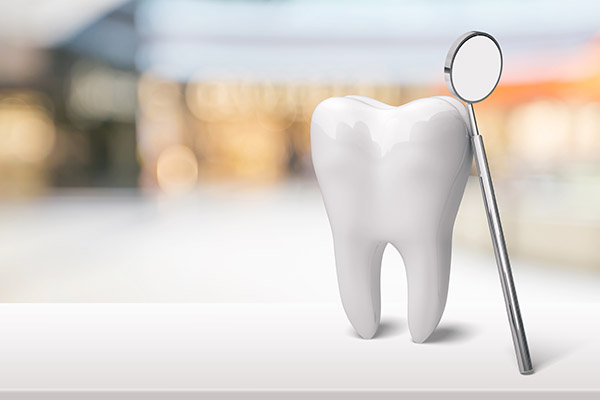 Curious about root canals? Read on to learn more about this procedure as well as some aftercare tips. This procedure is one that is relatively in-depth as the tooth is opened up all the way down to the roots. There are a few things one can do afterward to ensure that the tooth heals properly.
Curious about root canals? Read on to learn more about this procedure as well as some aftercare tips. This procedure is one that is relatively in-depth as the tooth is opened up all the way down to the roots. There are a few things one can do afterward to ensure that the tooth heals properly.
Root canals: How to care for teeth after the procedure
Outlined below are some of the tips that dentists recommend for those who have recently undergone a root canal. Reviewing this information can help ensure that recovery is as smooth as possible.
Adjust your diet
Immediately after a root canal, it is highly advised to adjust your diet. While the entire oral cavity will not be affected or in pain, the area where the procedure was done will likely be sensitive and tender, making things like eating difficult and sometimes, painful.
It is recommended to adjust to a liquid or soft-food diet immediately after a root canal. In the event that multiple root canals are performed, it may be necessary to carry this diet on for a couple of days while the mouth heals.
Maintain good oral hygiene
One mistake that many people make after a root canal is avoiding oral hygiene out of fear that it will be painful. While it may not be the most comfortable experience, it is crucial to still perform good oral hygiene routines. Brushing around the area where the root canal was performed is necessary, but it is good to be extra careful and use a soft-bristled toothbrush. Gently rinsing with salt water can also be helpful to keep bacteria at bay.
Be careful
Simply put, it is necessary to be extra careful with the mouth and face after a root canal. It is important to avoid physical activity on the first day and any physical activity that could hurt the mouth for a few days afterward.
Additionally, avoiding bad habits such as nail biting or using the teeth to open things will be helpful as the tooth and mouth heal.
Ice packs and over-the-counter medications
After a root canal is performed, it is highly recommended to use a cold or ice pack around the affected area. The cheek, oral cavity, and gums are likely to be sore, tender, and even inflamed for a day or so after the procedure. Be careful not to overdo the cold, but use it in increments instead.
Another recommendation is to utilize over-the-counter medications to help with discomfort and inflammation. In severe root canal cases, a prescription pain reliever may be prescribed.
The bottom line
Not all general dentists can perform root canals as they are a more in-depth procedure than the average cleaning or dental filling. Those who have unanswered questions or concerns about root canal aftercare tips should consult directly with a dentist or oral surgeon. Contact our dental office today to schedule a consultation appointment.
Request an appointment or call Naples Dental and Wellness Center at 239-963-2325 for an appointment in our Naples office.
Related Posts
General dentists are some of the most visited professionals in their field. The American Dental Association recommends that people as young as one year old maintain a biannual checkup schedule. Their primary aim is to preserve or improve patients' oral health, which they do in various ways. Let us look at six of them.Depending on…
Choosing a general dentist is an important and personal decision. This dental professional plays a significant role in helping you maintain your oral and overall health. Finding the right dentist for you can make all the difference in keeping your teeth and gums healthy. With so many options available, it can be overwhelming to make…
A key part of a general dentist's job is helping patients protect their teeth from damage, wear, and decay. Preventing dental problems can help patients save time, trouble, discomfort, and money. Here is a closer look at how general dentists help patients keep their teeth in good condition.General dentists may provide the following preventive services…
